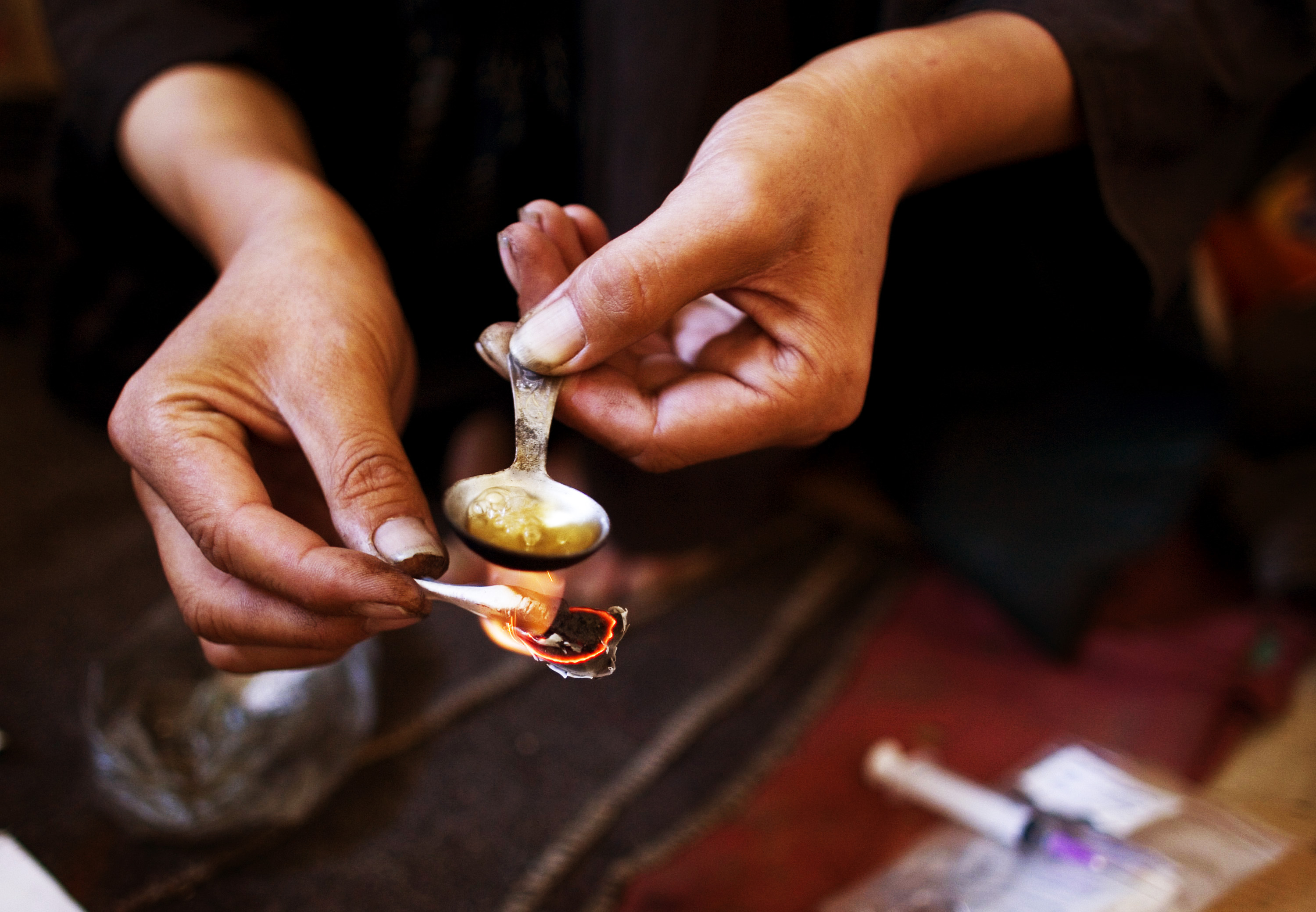The beginning of the end of the War on Drugs
New initiatives in Kentucky and Indiana show that one of America's worst policies is being slowly overturned


A free daily email with the biggest news stories of the day – and the best features from TheWeek.com
You are now subscribed
Your newsletter sign-up was successful
One of the many depressing aspects of the 2004 election was the crushing defeat of pro-gay marriage forces. Republican operatives, cynically stoking turnout with outright lies, put gay marriage bans on the ballot in 11 states, every one one of which was passed overwhelmingly.
So it's jarring that gay marriage is now legal in 36 states, a mere 10 years later. Gay marriage is also currently before the Supreme Court, which seems poised to legalize it permanently throughout the country.
Something similar might be happening with the War on Drugs. Though the change has been longer in coming, and like gay rights the battle is far from over, there are some recent developments that would be absolutely incomprehensible to a time traveler from 2004. And I'm not just talking about marijuana.
The Week
Escape your echo chamber. Get the facts behind the news, plus analysis from multiple perspectives.

Sign up for The Week's Free Newsletters
From our morning news briefing to a weekly Good News Newsletter, get the best of The Week delivered directly to your inbox.
From our morning news briefing to a weekly Good News Newsletter, get the best of The Week delivered directly to your inbox.
No, this is news about hard drugs in conservative states. In Kentucky, the legislature passed a bipartisan bill advancing a harm-reduction approach towards heroin addiction, while in Indiana, Republican Gov. Mike Pence authorized a needle-exchange program in response to an outbreak of HIV.
The experiments with full marijuana legalization in Colorado, Washington, D.C., and Washington state are vital and long-overdue measures. But marijuana poses relatively simple political and policy challenges, since as a drug it is relatively harmless and now widely known to be so. Harder drugs like heroin, meth, and cocaine, by contrast, are much more dangerous and addictive, and thus pose more difficult political and policy questions.
On the other hand, hard drugs are also behind the very worst part of the War on Drugs — the gruesome violence it foments in Latin America, where gangs massacre each other and everyone else over the ability to sell drugs to Americans. Reforming drug policy has the potential to make the world a dramatically better place.
But any such reform has typically foundered on a hysterical condemnation of addicts, and total lack of concern with their lives. Even 10 years ago, the unshakable conventional wisdom was that drug users were bad people, that whatever happens to them as a result of drug use was completely their fault, and that the way to stop drug use was through screeching moralism and violent punishment of users and dealers.
A free daily email with the biggest news stories of the day – and the best features from TheWeek.com
But culture has changed to such a degree that a conservative Republican governor — and possible 2016 candidate for president — can easily pass a needle-exchange measure due to worries about an HIV outbreak among heroin addicts. It's almost impossible to exaggerate what a change this is. Ronald Reagan never, ever, ever would have done something like that. Heck, Barack Obama probably wouldn't do something like that.
To be sure, this is only one step, which will likely be reversed as soon as the outbreak is contained. But Pence has already made the critical leap towards embracing the harm-reduction approach — namely, the recognition that sometimes there are bigger problems in drug policy than people being sufficiently disincentivized to take drugs. From there, it's a fairly short trip to the rest of the harm-reduction portfolio, which accepts the reality of some drug use, and uses tested measures to reduce harm, like maintenance therapy, safe injection facilities, legal immunity for people who call 911 for drug overdoses, and so forth.
The news in Kentucky is better still. The legislature, partially in response to an excellent piece of longform journalism, has overturned much of its previous abstinence-based policy towards heroin addiction, with a new focus on medically assisted treatment. In particular, the state will allow maintenance treatments like Suboxone, whose use in treating heroin addiction is nearly miraculous.
We're still some ways off from taking what would be the most beneficial step: putting all drug dealers out of business by providing a non-black market source of currently illegal drugs. Ten years ago I would have said we wouldn't get there before 2050. But today, I think that day might be a lot closer.
Ryan Cooper is a national correspondent at TheWeek.com. His work has appeared in the Washington Monthly, The New Republic, and the Washington Post.
-
 ‘My donation felt like a rejection of the day’s politics’
‘My donation felt like a rejection of the day’s politics’Instant Opinion Opinion, comment and editorials of the day
-
 Trump wants a weaker dollar but economists aren’t so sure
Trump wants a weaker dollar but economists aren’t so sureTalking Points A weaker dollar can make imports more expensive but also boost gold
-
 Political cartoons for February 3
Political cartoons for February 3Cartoons Tuesday’s political cartoons include empty seats, the worst of the worst of bunnies, and more
